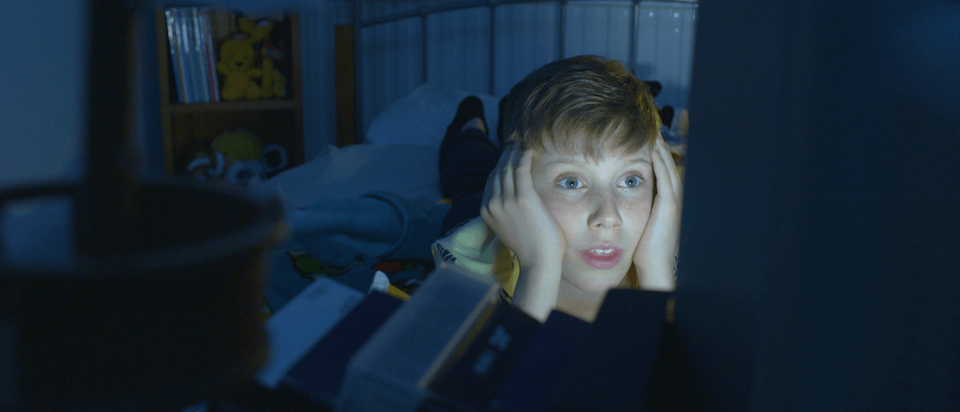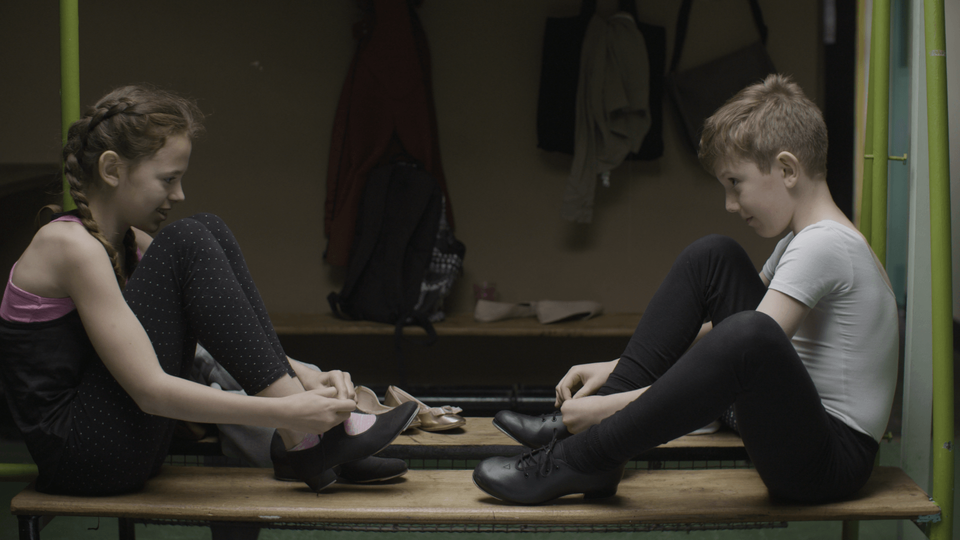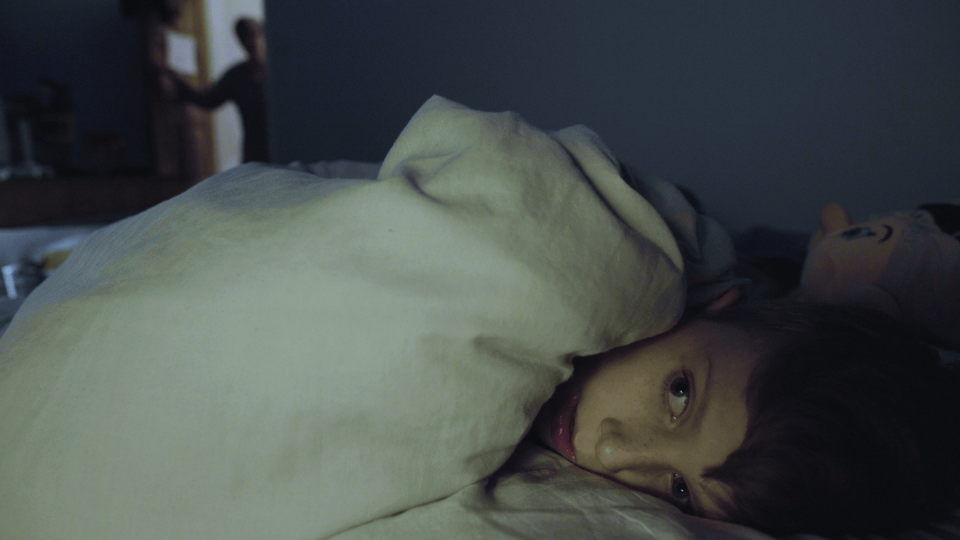WILCA Media acknowledges the duty of care to safeguard and promote the welfare of children and is committed to ensuring safeguarding practice reflects statutory responsibilities, government guidance and complies with best practice principles.
As part of our safeguarding policy, WILCA Media will:
- Promote and prioritise the safety and wellbeing of children, and will value, listen to and respect them.
- Ensure everyone understands their roles and responsibilities in respect of safeguarding and is provided with appropriate learning opportunities to recognise, identify and respond to signs of abuse, neglect and other safeguarding concerns relating to children.
- Ensure appropriate action is taken in the event of incidents/concerns of abuse, and support provided to the individual/s who raise or disclose the concern.
- Ensure that confidential, detailed and accurate records of all safeguarding concerns are maintained and securely stored.
- Prevent the recruitment of unsuitable individuals.
- Ensure robust safeguarding arrangements and procedures are in operation, complemented by policies on Health and Safety, complaints, recruitment and volunteering, photography and anti-bullying.
We recognise that:
- The welfare of the child is paramount, as enshrined in the Children Act 1989.
- All children, regardless of age, disability, gender, racial heritage, socio-economic background, religious belief, sexual orientation or identity, have a right to equal protection from all types of harm or abuse.
- Some children are additionally vulnerable because of the impact of previous experiences, their level of dependency, communication needs or other issues.
- Working in partnership with children, young people, their parents, carers and other agencies is essential in promoting young people’s welfare.
The policy and procedures will be widely promoted and apply to all staff, including paid staff, volunteers, students or anyone else working on behalf of the production. Failure to comply with the policy and procedures will be addressed without delay and may ultimately result in dismissal/exclusion from the organisation, and/or referral to an outside organisation such as children’s social care services, the independent Local Authority Designated Officer or the police.
A child is defined as a person under the age of 18.
Good practice means...
- Always working in an open environment, e.g. avoiding unobserved situations and encouraging open communication with no secrets.
- Always putting the welfare of each child first, before winning or achieving goals.
- Maintaining a safe and appropriate distance with students.
- Building balanced relationships based on mutual trust, which empowers children to share in the decision-making process.
- Ensuring that if any form of manual or physical support is required, it is provided openly. Care is needed, as it is difficult to maintain hand positions when a child is constantly moving. Children and their parents should always be consulted and their agreement gained.
- Keeping up to date with technical skills, qualifications and insurance.
- Being an excellent role model - this includes not smoking or drinking alcohol in the company of young people.
- Giving enthusiastic and constructive feedback rather than negative criticism.
- Recognising the developmental needs and capacity of children - avoiding excessive training or competition and not pushing them against their will.
- Keeping a written record of any injury that occurs, along with the details of any treatment given.
Promoting good practice
Child abuse can arouse strong emotions in those facing such a situation. It is important to understand these feelings and to not allow them to interfere with your judgement about the appropriate action to take. Abuse can occur within many situations including the home, school and extra-curricular clubs. Some individuals will actively seek employment or voluntary work with young people in order to harm them.
Teachers and volunteers will have regular contact with young people and can be an important link in identifying cases where they need protection. All suspicious cases of poor practice should be reported following the guidelines in this document. All personnel should be encouraged to demonstrate exemplary behaviour in order to promote children’s welfare and reduce the likelihood of allegations being made.
Practices to be avoided
Avoid spending time alone with children away from others and avoid taking or dropping off a child to an event or activity, except in emergencies. If these situations are unavoidable, it should be with the full knowledge and consent of someone in charge in the school or the child’s parents.
You should never...
- Engage in rough, physical or sexually provocative games, including horseplay.
- Allow or engage in any form of inappropriate touching.
- Allow children to use inappropriate language unchallenged.
- Make sexually suggestive comments to a child, even in fun.
- Reduce a child to tears as a form of control.
- Fail to act upon and record any allegations made by a child.
- Do things of a personal nature for children or disabled adults, that they can do for themselves.
- Invite or allow children to stay with you at your home unsupervised.
It may sometimes be necessary for staff or volunteers to do things of a personal nature for children, particularly if they are young or are disabled. These tasks should only be carried out with the full understanding and consent of parents and the players involved. There is a need to be responsive to a person’s reactions. If a person is fully dependent on you, talk with them about what you are doing and give choices where possible. This is particularly so if you are involved in any dressing or undressing of outer clothing, or where there is physical contact, lifting or assisting a child to carry out particular activities. Avoid taking on the responsibility for tasks for which you are not appropriately trained.
Incidents that must be reported and recorded
If any of the following occur, you should report this immediately to the appropriate officer and record the incident. You should also ensure the parents of the child are informed:
- If you accidentally hurt a child
- If they seem distressed in any manner
- If a child appears to be sexually aroused by your actions
- If a child misunderstands or misinterprets something you have done
Recruitment and training of staff and volunteers
WILCA Media recognises that anyone may have the potential to abuse children in some way. All reasonable steps are taken to ensure unsuitable people are prevented from working with children. Pre-selection checks must include the following:
- Consent should be obtained from the applicant to seek information from the Disclosure and Baring Service.
- Evidence of identity (passport or driving licence with photo).
- For Producers, two confidential references.
- For other Heads of Department, one confidential, professional reference.
Interview and induction
All employees and volunteers will be required to undergo an interview carried out to acceptable protocol and recommendations. All employees and volunteers should receive an induction, during which:
- A check is made that the application form has been completed in full, including sections on criminal records and self-disclosures.
- Their qualifications are substantiated.
- The job requirements and responsibilities are clarified.
Awareness
In addition to pre-selection checks, the safeguarding process includes making staff and volunteers aware of safeguarding practices at WILCA Media. This is achieved by distributing the relevant policies to crew members, and supporting them in understanding their responsibilities regarding safeguarding.
It is not the responsibility of anyone working with WILCA Media, in a paid or unpaid capacity, to decide whether child abuse has taken place. However, there is a responsibility to act on any concerns by reporting these to the appropriate officer or the appropriate authorities.
WILCA Media will assure all cast and crew that it will fully support and protect anyone, who in good faith reports his or her concern that a colleague is, or may be, abusing a child.
Where there is a complaint against a member of staff there may be three types of investigation:
- A criminal investigation
- A child protection investigation
- A disciplinary or misconduct investigation.
The results of the police and child protection investigation may well influence and inform the disciplinary investigation, but all available information will be used to reach a decision.
Action if there are concerns about poor practice
If, following consideration, the allegation is clearly about poor practice, the designated safeguarding person will deal with it as a misconduct issue.
The designated safeguarding lead at WILCA Media is Will Carne.
If the allegation is about poor practice by the designated safeguarding lead, or if the matter has been handled inadequately and concerns remain, it should be reported to social services.
Action if there are concerns about suspected abuse
Any suspicion that a child has been abused by either a member of staff or a volunteer should be reported to the designated safeguarding lead, who will take such steps as considered necessary to ensure the safety of the child in question and any other children who may be at risk.
The designated safeguarding lead will refer the allegation to the social services department who may involve the police. The parents or carers of the child will be contacted as soon as possible following advice from the social services department.
The designated safeguarding lead will deal with any media enquiries. If the designated safeguarding lead is the subject of the allegation, the report must be made to any of the other safeguarding officers who will refer the allegation to Social Services.
Confidentiality
Every effort should be made to ensure that confidentiality is maintained for all concerned. Information should be handled and disseminated on a need to know basis only.
This includes the following people:
- The designated safeguarding lead and future other safeguarding officers
- The parents of the person who is alleged to have been abused
- The person making the allegation
- Social services and/or the police
Seek social services advice on who should approach the alleged abuser, or parents if the alleged abuser is a child. Information should be stored in a secure place with limited access to designated people, in line with data protection laws.
Internal enquiries and suspension
WILCA Media’ designated safeguarding lead will make an immediate decision about whether any individual accused of abuse should be temporarily suspended pending further police and social services inquiries. The welfare of the child should remain of paramount importance throughout.
Action if there are concerns about suspected abuse
Consideration should be given to the kind of support that children, parents and members of staff may need. Use of helplines, support groups and open meetings will maintain an open culture and help the healing process. The British Association for Counselling Directory is available via http://www.itsgoodtotalk.org.uk/therapists.
Consideration should be given to what kind of support may be appropriate for the alleged perpetrator.
Allegations of previous abuse
Allegations of abuse may be made some time after the event, e.g. by an adult who was abused as a child or by a member of staff who is still currently working with children. Where such an allegation is made, the Producer(s) should follow the procedures as detailed above and report the matter to the social
services or the police. This is because other children, either within or outside of the school, may be at risk from this person. Anyone who has a previous criminal conviction for offences related to abuse is automatically excluded from working with children. This is reinforced by the details of the Protection of Children Act 1999.
Concerns outside the immediate school environment, e.g. a parent or carer
Report your concerns to the designated safeguarding lead, who should contact social services or the police as soon as possible. If the designated safeguarding lead or any of the other safeguarding officers are not available, the person being told of or discovering the abuse should contact social services or the police immediately. Social Services and the designated safeguarding lead will decide how to involve the parents/carers. Information should be shared on a need to know basis only.
Action if bullying is suspected
If bullying is suspected, the same procedure should be followed as set out in 'Responding to suspicions or allegations' above.
Action to help the victim and prevent bullying in school:
- Take all signs of bullying very seriously.
- Encourage all children to speak and share their concerns. It is believed that up to twelve children per year commit suicide as a result of bullying, so if anyone talks about or threatens suicide, seek professional help immediately. Help the victim to speak out and tell the person in charge or someone in authority. Create an open environment.
- Investigate all allegations and take action to ensure the victim is safe. Speak with the victim and the bully(ies) separately.
- Reassure the victim that you can be trusted and will help them, although you cannot promise to tell no one else.
- Keep records of what is said: what happened, by whom, and when.
- Report any concerns to the designated safeguarding lead or the school, wherever the bullying is occurring.
Action toward the bully(ies)
- Talk with the bully(ies), explain the situation, and try to get the bully(ies) to understand the consequences of their behaviour. Seek an apology to the victim(s).
- Inform the bully’s parents.
- Insist on the return of 'borrowed' items and that the bully(ies) compensate the victim. Impose sanctions as necessary.
- Encourage and support the bully(ies) to change behaviour. Hold meetings with the families to report on progress.
Inform all organisation members of action taken. Keep a written record of action taken.
Most 'low level' incidents will be dealt with at the time by teachers and volunteers. However, if the bullying is severe, or if it persists despite efforts to deal with it, incidents should be referred to the designated safeguarding person as in ‘Responding to suspicions or allegations’ above.
Information for social services or the police about suspected abuse
To ensure that this information is as helpful as possible, a detailed record should always be made at the time of the disclosure/concern. this should include:
- The child's name, age and date of birth of the child.
- The child's home address and telephone number.
- Whether or not the person making the report is expressing their own concerns or those of someone else.
- The nature of the allegation. Include dates, times, any special factors and other relevant information. Make a clear distinction between what is fact, opinion or hearsay.
- A description of any visible bruising or other injuries.
- A description of any indirect signs, such as behavioural changes.
- Details of witnesses to the incidents.
- The child’s account, if it can be given, of what has happened and how any bruising or other injuries occurred. Words must not be put into the child’s mouth. Do not ask leading questions.
- If the parents have been contacted. If so, what has been said?
- If anyone else has been consulted? If so, record details.
- If the child has been spoken to, if they were not the person who reported the incident. If so, what was said?
- If anyone has been alleged to be the abuser? If so, record details.
Where possible, referral to the police or social services should be confirmed in writing within 24 hours, and the name of the contact who took the referral should be recorded.


